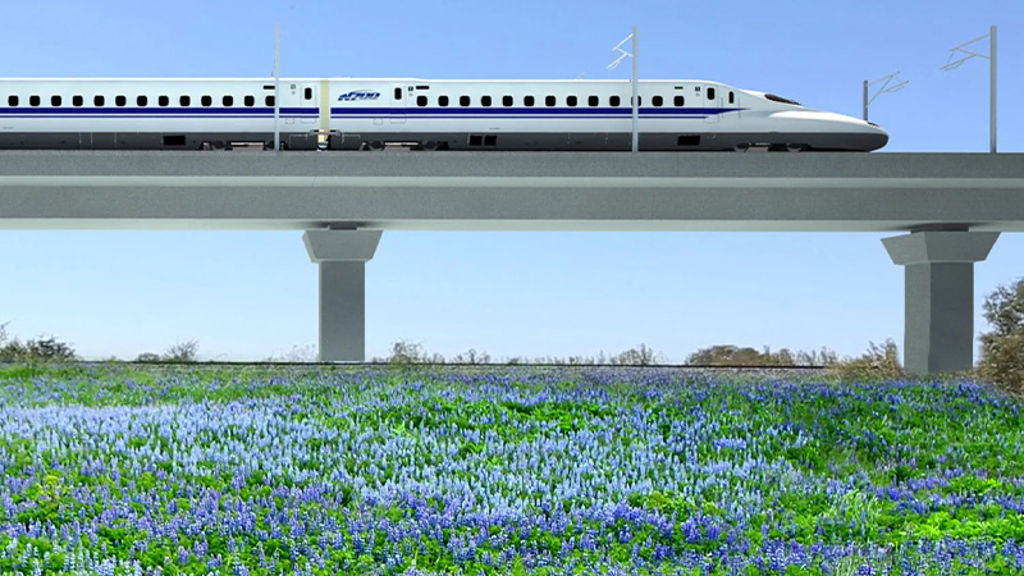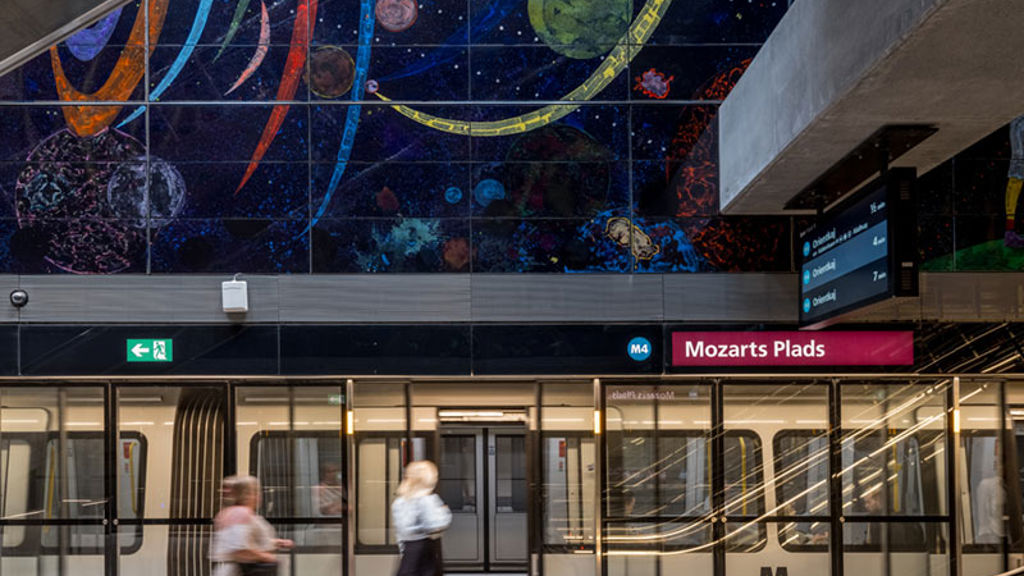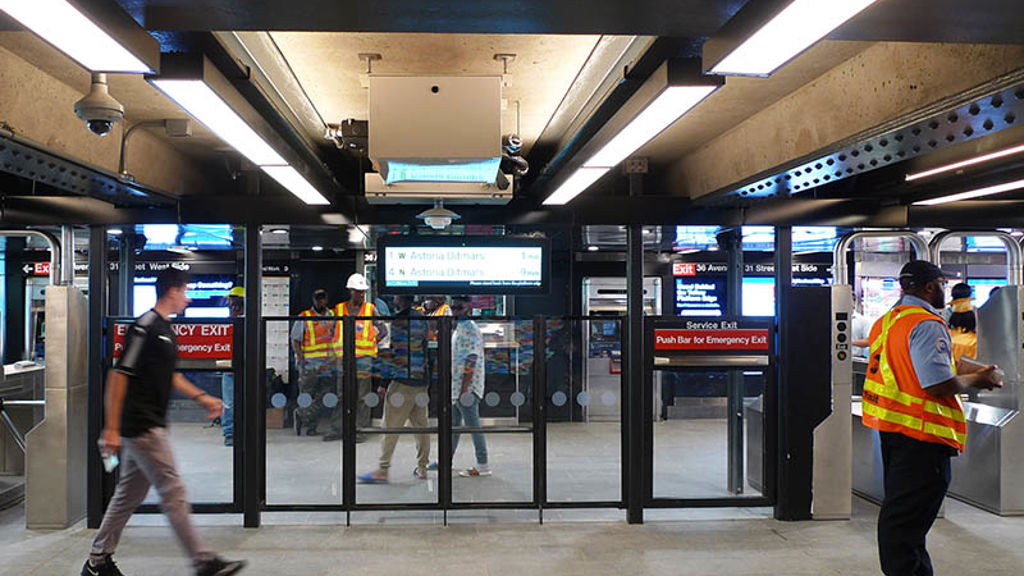Under Colombia’s Intermodal Transportation Master Plan and National Development Plan, the Colombian government is seeking to revitalize the nation’s railway infrastructure. The government aims to extend the length of Colombia’s railways by an additional 652km to accelerate the efficient and strategic growth of the nation through an infrastructure network, which will further connect cities, regions, borders, and ports.
However, currently, there has been a lack of funding for the development of quality rail infrastructure within Colombia. While more than 30 rail projects in Colombia have been submitted to be constructed under a Public-Private Partnership (PPP) scheme, none have passed the feasibility stage due to the high initial investments required by these robust and complex infrastructure projects. Additionally, a detailed technical, legal, and financial analysis is required to address the particularities of these projects under a PPP scheme.
The Colombian National Planning Department (DNP) sought out Arup, along with subconsultants KPMG and CMS, to analyze the technical, legal, and financial requirements necessary for successfully implementing PPPs for passenger and freight rail transportation projects throughout Colombia. The analysis provided by Arup and the team will help achieve the government’s project vision, creating a more competitive and connected future for Colombia.
Assessing the challenges and opportunities
Part of the core work was to carry out an international benchmark of passenger and freight rail systems to capture lessons learned and best practices worldwide for these types of projects. Arup’s strong global rail expertise allowed us to produce an extensive analysis that thoroughly characterized rail projects. Based on this benchmark and the local analysis, Arup, KPMG, and CMS created recommendations for enabling the PPP scheme in Colombian rail projects, producing a risk distribution, key performance indicators, and recommendations for a new decree that will change the regulation of PPPs by the government.
After rigorous analyses conducted by the team and consultation with Arup experts from across our global offices, the study found no ideal contracting modality for these types of projects, as they were specific to the different capabilities of each entity and market. Furthermore, the study revealed that passenger rail projects were not sustainable to finance through only fares charged to users, thus encouraging the development of new financing alternatives.
Modifying PPP regulation
The original PPP law in Colombia established the concept of Functional Units — the different stages and substructures in which PPP projects may be divided — to allow contractors to receive compensation for their work without waiting until the completion of the entire project. Through this study, the team found that Functional Units did not apply to this mode of transportation. Instead, most, if not all, of a railroad section’s infrastructure must be complete to consider it fully functional. Based on this finding, the team advised modification of the PPP regulation to allow partially completed railroad sections to be considered Functional Units, thus increasing the bankability of these projects.
The national government issued the 1278 Decree of 2021 to regulate key components of PPPs for rail infrastructure, incorporating most of the recommendations that the Arup, KPMG, and CMS teams produced. This new decree has allowed this contracting scheme to be feasible and different projects, and initiatives are starting to be structured under this modality.
Supporting government initiatives to grow Colombia
Through this project, Arup had the unique opportunity to work with important entities of the Colombian government, such as the National Planning Department (Departamento Nacional de Planeación), the National Infrastructure Agency (Agencia Nacional de Infraestructura), the Ministry of Finance and Public Credit (Ministerio de Hacienda y Crédito Público), the Ministry of Transportation (Ministerio de Transporte), the Bogotá Metro Company (Empresa Metro de Bogotá), and the Regional Railway Company (Empresa Férrea Regional), among others. Different meetings and workshops with these entities allowed the team to collect and build knowledge that will be useful for years to come.
Arup, KPMG and CMS produced an interactive guide, incorporating main findings, lessons learned, challenges, and opportunities identified throughout the analyses. This document was published by the National Planning Department (Departamento Nacional de Planeación - DNP) and is used for educating and building capacity for different private and public entities in Colombia.







